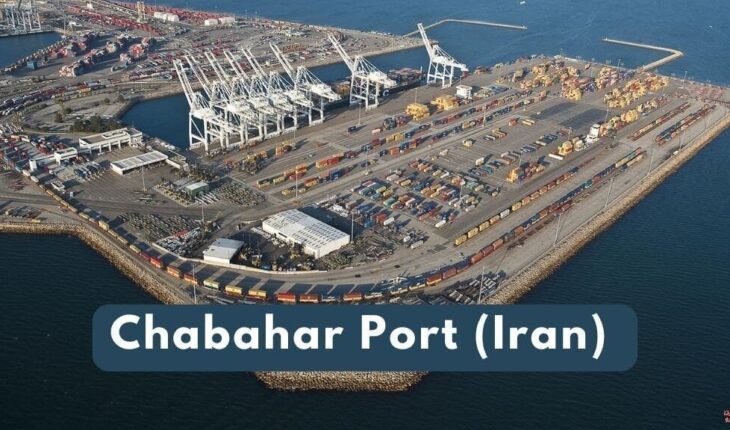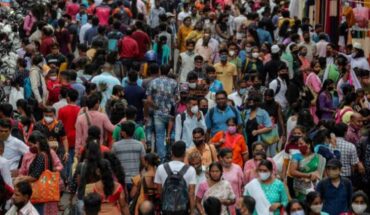India’s recent 10-year agreement with Iran to develop and operate the Chabahar port is a bold step forward in strengthening its infrastructure and trade partnership with the Islamic Republic, despite the geopolitical tensions in West Asia. This commitment, involving a $120 million investment and a $250 million credit facility, aims to further develop the terminal in Chabahar’s Shahid Beheshti port and related projects.
Historically, the Chabahar project has been hindered by global sanctions on Iran. Conceived in 2003, it remained stagnant due to U.S. and UN sanctions over Iran’s nuclear program. It wasn’t until 2015, following eased sanctions, that India signed a memorandum of understanding, and a year later, the project gained momentum during Prime Minister Narendra Modi’s visit to Iran. However, the U.S. withdrawal from the nuclear deal in 2018 and the reimposition of sanctions raised uncertainties about the project’s future.
Despite these challenges, the Chabahar port is crucial for India’s connectivity strategy. It provides an alternative route to Afghanistan and Central Asia, bypassing Pakistan, thus enhancing trade opportunities in the region. Moreover, its expected connection to the International North-South Transport Corridor (NSTC) will facilitate a faster and more cost-effective trade route to Europe through Iran, Azerbaijan, and Russia. This corridor could significantly reduce the reliance on the Suez Canal, thus streamlining intercontinental trade.
Geopolitically, Chabahar offers India a strategic vantage point, especially in proximity to Pakistan’s Gwadar port, developed by China under its Belt and Road Initiative. This positioning allows India to extend its influence in Central Asia, countering Chinese and Pakistani interests. It is imperative now for India to remain steadfast in its commitment to Chabahar, focusing on enhancing its trade and connectivity projects with Central Asia. India must balance its strategic interests with diplomatic finesse, ensuring that the Chabahar port project not only thrives but also serves as a linchpin for broader regional connectivity and economic growth.





